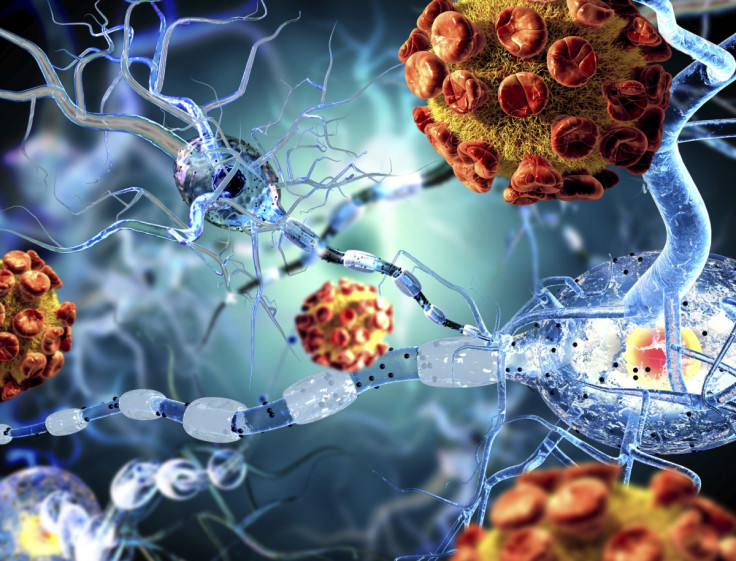Multiple sclerosis: Identifying and treating early symptoms can prevent MS diagnosis
Some patients who took drug interferon beta-1b before being diagnosed did not develop the disease.

Early treatment of the symptoms of multiple sclerosis (MS) may reduce the risk of a definitive diagnosis of the condition, or of relapse after diagnosis. A relapsing-remitting multiple sclerosis treatment known as interferon beta-1b improved the condition of people suffering from numbness and balance or vision problems – which can be preliminary signs of the disease.
MS is an auto-immune disease, meaning that the problems experienced by patients are caused by the immune system turning against the body – in this case attacking the myelin sheath in the brain and spinal chord.
There is currently no cure for the treatment although some drugs are available to alleviate the symptoms of the disease. One of these is interferon beta-1b, which is usually prescribed to patients with relapsing-remitting MS (see box).
In a recent, long-term study published in the journal Neurology, scientists have investigated whether starting this symptomatic treatment at the earliest stage of the disease might halt or delay its development.
11 years of follow-up
The scientists, from the University Hospital Basel in Switzerland, conducted a randomised controlled trial involving 468 patients who had experienced the first symptoms of relapsing-remitting MS. Half of them were directly given interferon beta-1b while the others received a placebo.
After two years, or once MS had been diagnosed – depending on what came first - this control group was also allowed to access the treatment. Both groups were then followed-up over a long period of 11 years. In fact, only 270 patients ended up participating in the full length of the trial.
The scientists found out that participants who had received interferon beta-1b from day one, before any diagnosis occurred, were 33 percent less likely to have been diagnosed with MS at the end of the trial than those in the control group.
For those who did go on to develop the disease, they took longer to have a first MS relapse than people in the control group diagnosed with MS – 1,888 days versus 931 days.
These findings are limited to the treatment of relapsing-remitting MS, but they do suggest knowing how to recognise the first signs of the disease is crucial. Immediately treating people with interferon beta-1b could be a step forward in preventing it from progressing to a more advanced stage, but more research is needed to find similar compounds that work for all MS patients.
What is Multiple Sclerosis?
Multiple Sclerosis (MS) affects about 100 000 people in the UK. MS targets the brain and the spinal chord, and is generally first diagnosed in individuals in their 20s and 30s. Woman are two to three times more affected than men.
Symptoms include fatigue, blurred vision, bladder problems, numbness, muscle stiffness, and problems with balance or working for long periods of time. There are different types of MS, with some people seeing their symptoms get gradually worse (primary progressive MS ) or alternating between moments of good health and relapses (relapsing-remitting MS). MS is lifelong condition that can sometimes cause serious disability, though in some cases it can be mild.
MS is an auto-immune disease, which means the problems stem from an abnormal immune system. In the case of MS, the immune system attacks the myelin sheath in the brain and spinal chord.
What causes the immune system to attack the myelin sheath is still unclear. Experts believe it is linked to a combination of genetic and environmental factors, such as smoking, lack of vitamin D or infections caused by the Epstein-Barr virus.
© Copyright IBTimes 2024. All rights reserved.























